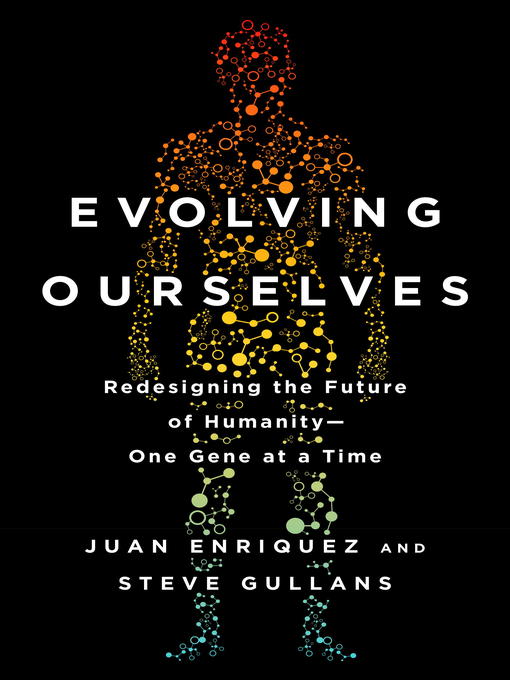
Evolving Ourselves
Redesigning the Future of Humanity—One Gene at a Time
کتاب های مرتبط
- اطلاعات
- نقد و بررسی
- دیدگاه کاربران
نقد و بررسی

March 1, 2015
Cofounders of a biotech start-up firm (Excel Venture Management) and coauthors of Homo Evolutis, Enriquez (As The Future Catches You) and Gullans assert that humans have defeated natural selection, domesticated the planet, and can now modify themselves free of physical limitations. Convincing the reader of these ideas requires explaining technical background, addressing safety issues, and justifying research priorities. The authors, however, never explain how cells get from DNA to phenotype, not admitting that genetic engineering manipulates complex, biochemical processes. Likewise, they omit that human influence, "unnatural selection," often still includes accidents such as acid rain, white nose syndrome, and the Fukushima disaster. Both authors assume that we should eliminate chronic disease and perfect humanity, because the developed world is replete with peace and plenty--this despite droughts in California and Texas, colony collapse disorder, and multi-drug-resistant bacteria. Our readiness for human enhancement through "nonrandom mutation" is an open question that needs solid information rather than hubris. Readers should instead search for answers in Rob Brooks's Sex Genes and Rock and Roll or Paul J.H. Schoemaker and Joyce A. Schoemaker's Chips, Clones, and Living Beyond 100. VERDICT Those curious about biotech industry promotion will find this title useful, but others should steer clear.--Eileen H. Kramer, Georgia Perimeter Coll. Lib., Clarkston
Copyright 2015 Library Journal, LLC Used with permission.

























دیدگاه کاربران